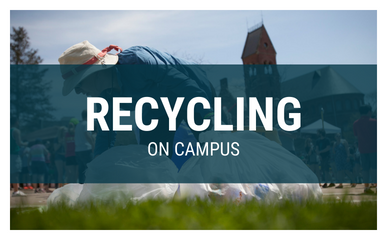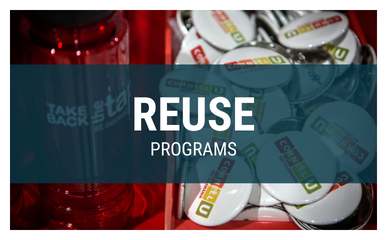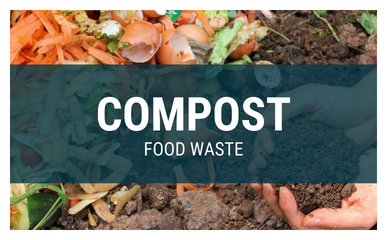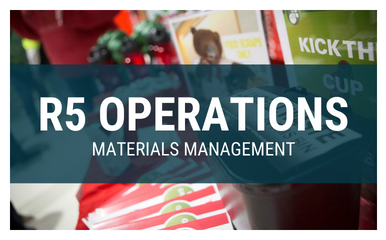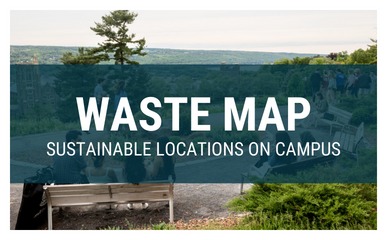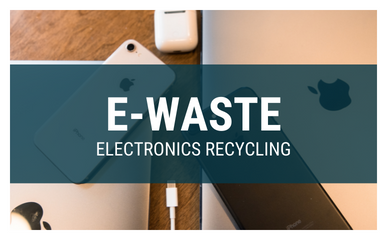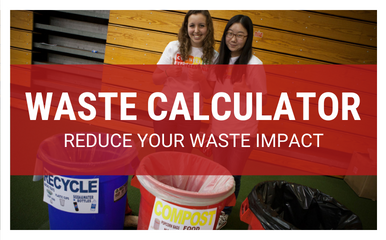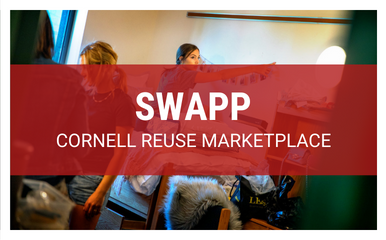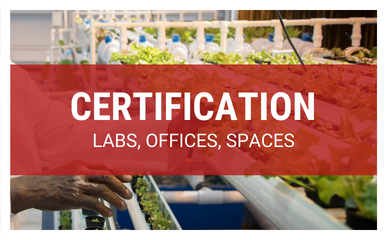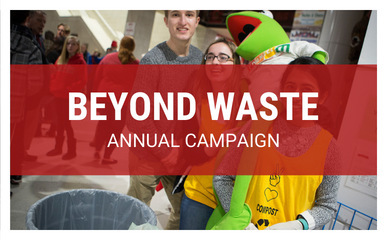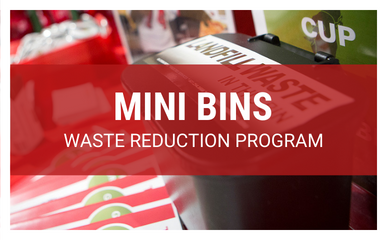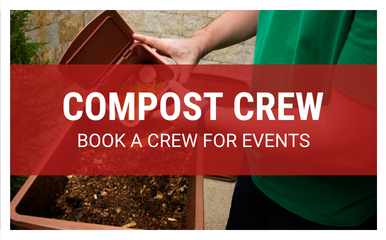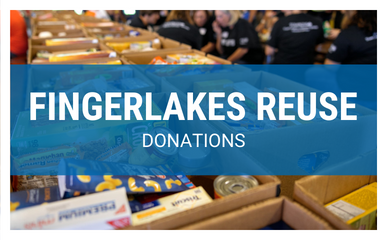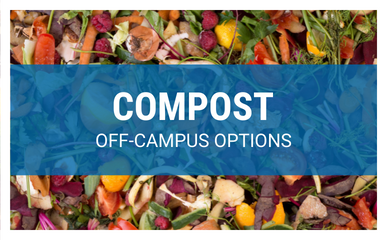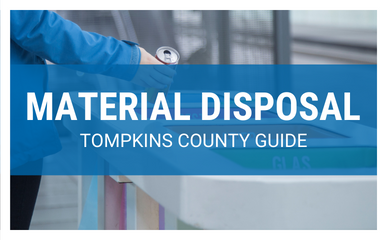Purchasing & Waste
From purchasing to disposal, goods and materials at Cornell can be evaluated and managed for sustainability. Our campus invests in sustainable purchasing resources for staff and students, and the Cornell R5 Operations team works to manage waste and recycling on campus to improve our waste footprint.
Take Action on Campus
• Shop Dump and Run for reused dorm, attire, and school necessities
• Recycle acceptable items including plastics 1, 2, and 5 only
• Calculate and reduce your waste impact using ecological footprint tools
• Current Campus Work: The Sustainable Cornell Council has a Packages & Deliveries Working Group working to reduce the number of packages delivered to residential communities
Sustainable Cornell Purchasing & Waste Initiatives
Cornell's overarching material management goals involve reducing overall waste, increasing the campus waste diversion rate, and ensuring regulatory support. From waste signage improvements to SCC purchasing and waste reduction priorities, we strive to achieve more sustainable management on campus.
Participate in Campus Programs
We as individuals also have a role in reducing our waste impact for the betterment of people and the planet. By making responsible purchasing and waste choices, you respect the earth and our community's commitment to sustainable living. With community and campus-wide support, Cornell can continue to reduce waste and be an example for other universities.
Quick Facts about Cornell Purchasing & Waste Sustainability
- In 2022, Cornell soared in the Beyond Waste campaign national rankings. The university placed 1st in the nation for electronics recycling, 1st in New York state for overall waste diversion, 3rd in the nation for organic food waste diversion, and 25th in the nation for landfill diversion.
- Composting is available in all residential communities and campus dining halls, diverting 40+ gallons of food waste each week.
- Pilot mini trash bins reduced landfill waste by 55% by making recycling easier and creating greater waste autonomy for employees.
- The Society of Natural Resources Conservation (SNRC) collects used energy bar wrappers, toothbrushes, toothpaste tubes, and floss containers for Terracycling, which upcycles or breaks down the select items.
- Recycling in Ithaca is free for all off-campus residents. However, there are rules to ensure your recycling doesn't end up in a landfill. Among recyclable items, only 1, 2, and 5 labeled plastics can be recycled.
- Students, faculty, and staff have access to campus energy systems as a living laboratory via open-source databases, campus tours, and over 40 campus living laboratory research projects each year.
- On campus, student organizations allow students to get involved with waste reduction as well, including Cornell Thrift, Cornell Compost, and the Food Recovery Network.
- Cornell manages several furniture recycling and reuse programs, including STACS and Sedgwick.
Local and Regional Partners
Outside of Cornell's campus, other organizations work to reduce waste as well. Check out what they're doing and how you can get involved to make Ithaca a more sustainable city.
Additional Purchasing & Waste Information
What can I recycle?
Looking for information about what and where to recycle or reuse common items on campus? Check out this guide from Cornell R5 Operations.

